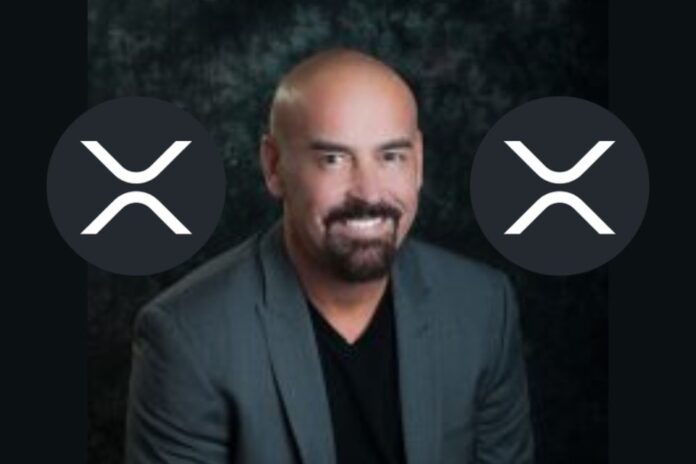John Deaton, a known XRP advocate and the head of Deaton Law Firm, recently discussed the legal aspects of Ripple’s On-Demand Liquidity (ODL) transactions. He explained how Ripple could perform ODL transactions in the US without facing legal trouble.
During a recent Q&A session on CryptoLaw, a query arose about Ripple’s ability to sell XRP outside the US after a decision by Judge Torres.
Deaton clarified that Ripple has always been free to sell XRP outside the US. The reason is that the US SEC can only regulate within its borders. He mentioned, “In order for the SEC to have jurisdiction over the sale of a potential security, it has to be within the United States of America.”
Hence, Ripple’s sales of XRP overseas were never under the SEC’s purview. This was a key point in Ripple’s defense, noting that 95% of their XRP sales occurred outside the US.
Deaton also highlighted that even after Judge Torres’s decision, Ripple can continue its XRP sales overseas without any legal obstacles.
The Sales of XRP in the United States
However, complications emerge when Ripple deals with XRP within the US. On July 13, Judge Analisa Torres found that Ripple’s previous XRP sales in the US were unregulated securities.
Responding to Deaton’s insights, Digital Asset Investor, a key figure in the XRP community, suggested a potential legal solution for Ripple to make XRP sales in the U.S.
The idea is for Ripple to sell XRP to a foreign institution, like the Bank of England. Then, this bank could sell the XRP to a US institution, such as Bank of America, for ODL.
In his words on X, “So @JohnEDeaton1 here’s a hypothetical: @ripple sells XRP to the Bank of England in London. Bank of England then sells to a US institution like Bank of America for ODL use in the United States. The ODL transactions are never securities so XRP can forever be used in the US in ODL.”
Deaton agreed with this method, pointing out that with ODL, institutions view XRP not as a security but as a transient currency. He referred to a statement by SEC Chair Gary Gensler at MIT to support this assertion.
Deaton said that if the Bank of England deals XRP to the Bank of America, it doesn’t form an investment contract since the transaction is brief, lasting only 3-5 seconds.
We are on twitter, follow us to connect with us :- @TimesTabloid1
— TimesTabloid (@TimesTabloid1) July 15, 2023
ODL Sales Legal Stance
Deaton argued that it’s unlikely for anyone to expect profits from such quick transactions. These XRP dealings don’t fit the criteria of any Howey test.
David Schwartz, the CTO of Ripple, had previously addressed concerns around Ripple’s ODL sales. He confirmed that Ripple’s ODL operations remain untouched by Judge Torres’s verdict.
Schwartz stated that while Ripple comfortably operates ODL outside the U.S., they could also do it within the U.S., provided the XRP used isn’t sourced directly from Ripple.
Follow us on Twitter, Facebook, Telegram, and Google News


